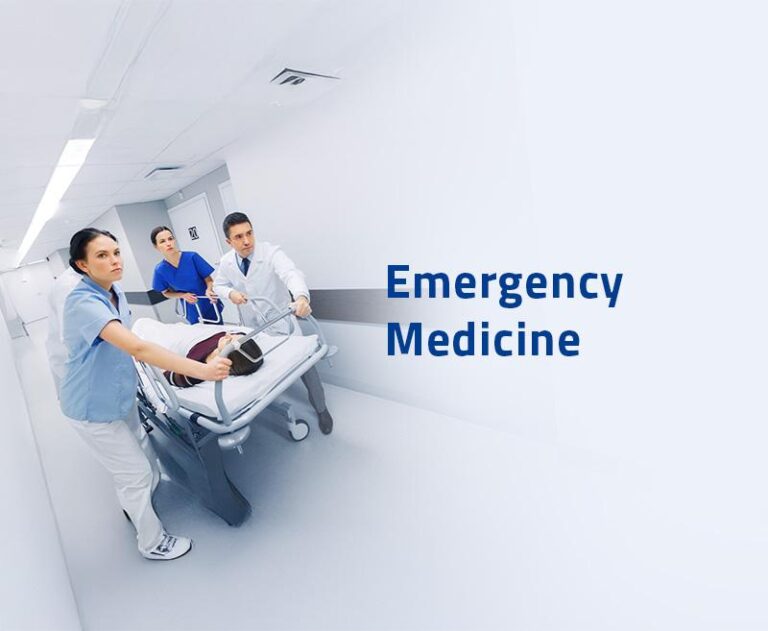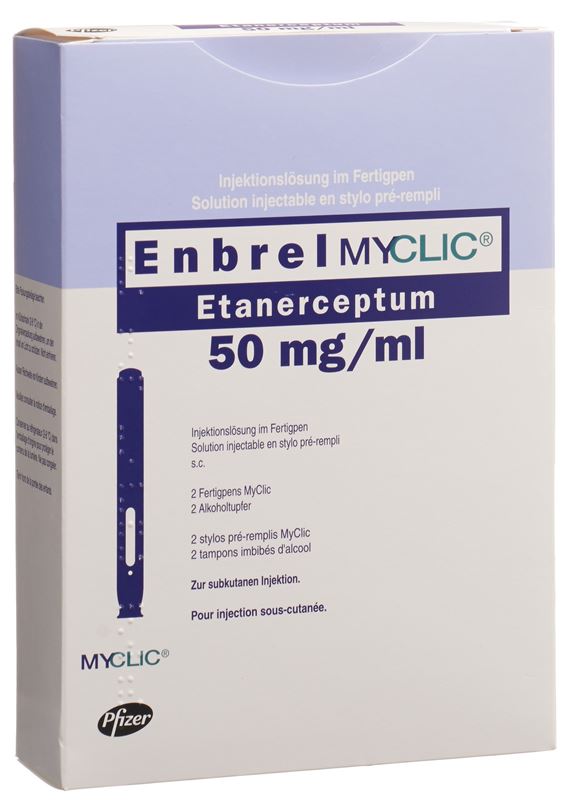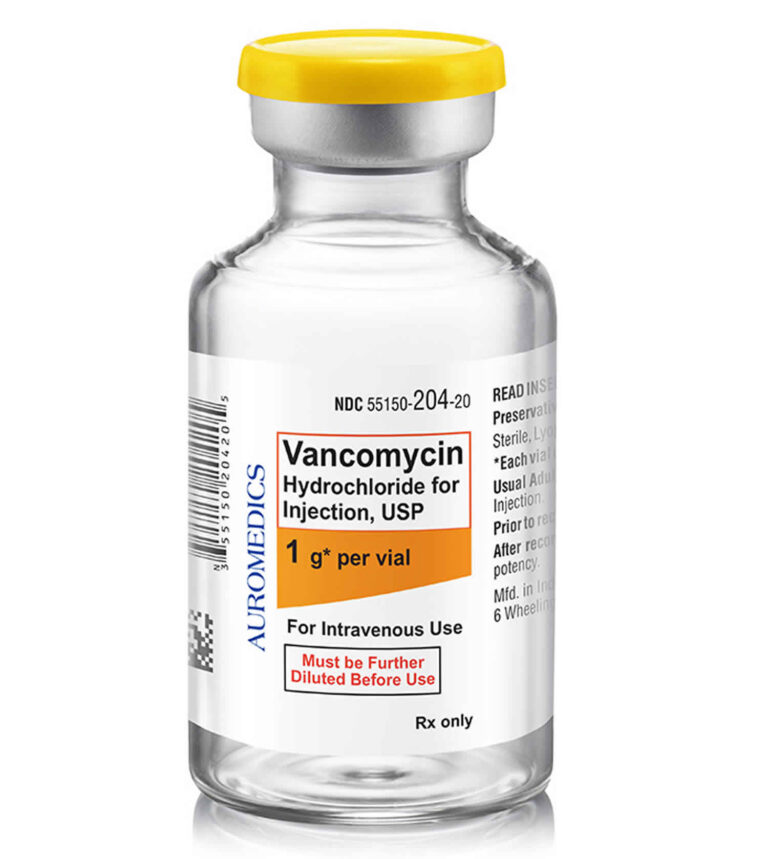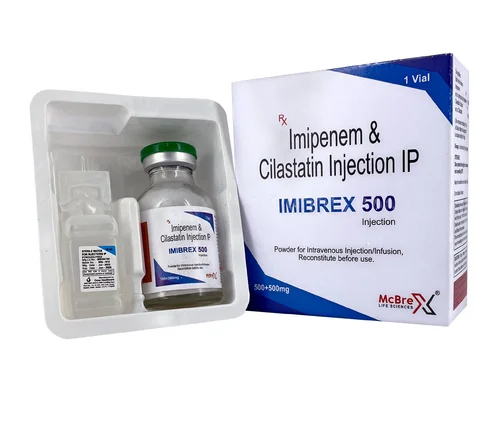
Anxiety and depression are two of the most common mental health conditions worldwide. Fortunately, several medications are available to help manage these conditions effectively. Understanding the different classes of medications used to treat anxiety and depression, as well as their benefits, risks, and precautions, is vital for those seeking treatment.
Difference between Anxiety and Depression
Anxiety and depression are distinct mental health conditions, though they often occur together.
Anxiety
It is characterized by excessive worry, fear, or nervousness about future events. It often triggers physical symptoms like a rapid heartbeat, sweating, or trembling. People with anxiety may experience constant restlessness, tension, and difficulty concentrating.
Depression
Depression, on the other hand, is marked by persistent sadness, hopelessness, and a lack of interest or pleasure in activities once enjoyed. It can lead to feelings of worthlessness, fatigue, and trouble with concentration. People with depression often experience a lack of energy and may withdraw from social or daily activities.
While anxiety is focused on future concerns and stress, depression is centered around feelings of emptiness or despair. Both conditions can significantly impact daily life and may require professional treatment to manage effectively.
Anxiety and Depression Medications
Medications for anxiety and depression aim to alleviate symptoms, improve mood, and help individuals lead productive lives. The treatments can vary depending on the severity of the symptoms and the specific diagnosis. These medications fall into various classes, each with its unique mechanisms of action.
Types of Medications for Anxiety and Depression
Medications for anxiety and depression can be broadly classified into the following categories:
- Antidepressants
- Benzodiazepines
- Buspirone
- Beta-blockers
- Antipsychotics
Each class works differently and may be prescribed based on the patient’s needs and treatment goals.
-
Antidepressants
Antidepressants are the most commonly prescribed medications for both anxiety and depression. These drugs help adjust the levels of neurotransmitters in the brain, which influence mood and anxiety levels.
Selective Serotonin Reuptake Inhibitors (SSRIs)
Overview:
SSRIs increase serotonin levels in the brain, which plays a crucial role in regulating mood, anxiety, and overall mental well-being.
Common Drugs in This Class:
- Fluoxetine (Prozac)
- Sertraline (Zoloft)
- Paroxetine (Paxil)
- Citalopram (Celexa)
Benefits:
- First-line treatment for anxiety and depression
- Well-tolerated with fewer side effects than older antidepressants
Risks and Precautions:
- Sexual side effects: Reduced libido, difficulty with arousal, or orgasm.
- Gastrointestinal issues: Nausea or diarrhea can occur, especially at the beginning.
- Serotonin syndrome: Rare but serious condition caused by too much serotonin.
Instructions:
- Take daily, typically in the morning or evening.
- Consistency is key; it may take several weeks to experience full benefits.
Serotonin-Norepinephrine Reuptake Inhibitors (SNRIs)
Overview:
SNRIs increase levels of both serotonin and norepinephrine, improving mood and decreasing anxiety.
Common Drugs in This Class:
- Venlafaxine (Effexor XR)
- Duloxetine (Cymbalta)
Benefits:
- Treat both anxiety and depression effectively
- Suitable for individuals who don’t respond to SSRIs
Risks and Precautions:
- Increased blood pressure: Blood pressure should be monitored regularly.
- Withdrawal symptoms: Dizziness, irritability, or flu-like symptoms when discontinuing.
Instructions:
- Take at the same time each day, usually in the morning.
- Gradual dosage adjustments may be necessary.
-
Benzodiazepines for Anxiety and Depression
Benzodiazepines are fast-acting medications that provide quick relief from severe anxiety symptoms. They are typically used for short-term management or during acute anxiety episodes.
Common Drugs in This Class:
- Diazepam (Valium)
- Lorazepam (Ativan)
- Alprazolam (Xanax)
- Clonazepam (Klonopin)
Benefits:
- Fast-acting, providing relief from acute anxiety and panic attacks
- Can be effective in emergencies or for short-term use
Risks and Precautions:
- Dependence and addiction: Long-term use can lead to physical and psychological dependence.
- Cognitive impairment: Memory problems and sedation can occur.
- Withdrawal: Abrupt cessation can lead to withdrawal symptoms, including seizures.
Instructions:
- Prescribed for short-term use only.
- Never combine with alcohol or other sedatives.
- Follow the prescribed dosage carefully to avoid dependence.
-
Buspirone
Buspirone is a non-habit forming medication that is specifically used for generalized anxiety disorder (GAD). Unlike benzodiazepines, it has a much slower onset.
Common Drug in This Class:
- Buspirone (Buspar)
Benefits:
- Non-habit forming and not sedating
- Less risk of dependence compared to benzodiazepines
Risks and Precautions:
- Delayed effect: It may take 2-4 weeks to notice improvement.
- Dizziness or nausea: Common side effects during the first few days of use.
Instructions:
- Take consistently every day, even if symptoms improve.
- Avoid alcohol during treatment to prevent unwanted interactions.
-
Beta-blockers
Beta-blockers are primarily used to manage the physical symptoms of anxiety, such as rapid heartbeat, trembling, and sweating. They are often prescribed for performance anxiety or short-term anxiety relief.
Common Drugs in This Class:
- Propranolol (Inderal)
- Atenolol (Tenormin)
Benefits:
- Effective in reducing physical symptoms of anxiety, especially in performance situations
- Useful for situational anxiety, such as public speaking
Risks and Precautions:
- Low blood pressure: Can cause dizziness or fainting.
- Fatigue and lethargy: Can affect energy levels.
- Respiratory issues: Should be avoided in people with asthma or chronic lung conditions.
Instructions:
- Usually taken before an anxiety-inducing event (e.g., public speaking or an interview).
- Do not stop suddenly without consulting a doctor.
-
Antipsychotics
Antipsychotic medications may be prescribed for severe cases of anxiety and depression, especially if the condition involves mood swings or psychosis. They are typically used when other medications have not been effective.
Common Drugs in This Class:
- Quetiapine (Seroquel)
- Olanzapine (Zyprexa)
Benefits:
- Effective for treatment-resistant anxiety and depression
- Can stabilize mood and reduce agitation
Risks and Precautions:
- Sedation: May cause drowsiness or fatigue.
- Weight gain: Common side effect associated with long-term use.
- Movement disorders: Can cause tremors or rigidity.
Instructions:
- Taken daily, often at night to minimize sedation.
- Regular check-ups are necessary to monitor side effects.
Choosing the Right Medication for Anxiety and Depression
Selecting the right medication depends on the individual’s symptoms, medical history, and response to previous treatments. A healthcare provider will typically consider:
- The severity of the anxiety or depression
- The presence of other health conditions
- Possible side effects and risks
- The individual’s response to previous treatments
General Precautions and Considerations
- Consultation with a doctor: Always consult a healthcare provider before starting any new medication for anxiety or depression.
- Side effects: Most medications come with side effects, and it’s essential to discuss potential risks with your doctor.
- Monitoring: Regular follow-up appointments are necessary to monitor effectiveness and any adverse reactions.
- Lifestyle changes: Medication works best when combined with therapy, stress management, and a healthy lifestyle.
Conclusion
Anxiety and depression are treatable with the right combination of medications. From SSRIs to benzodiazepines, each class of drug offers unique benefits tailored to specific symptoms. Understanding the medications, their risks, and how they work is crucial for managing these mental health conditions effectively. Always work closely with a healthcare provider to find the best treatment plan for your needs.






